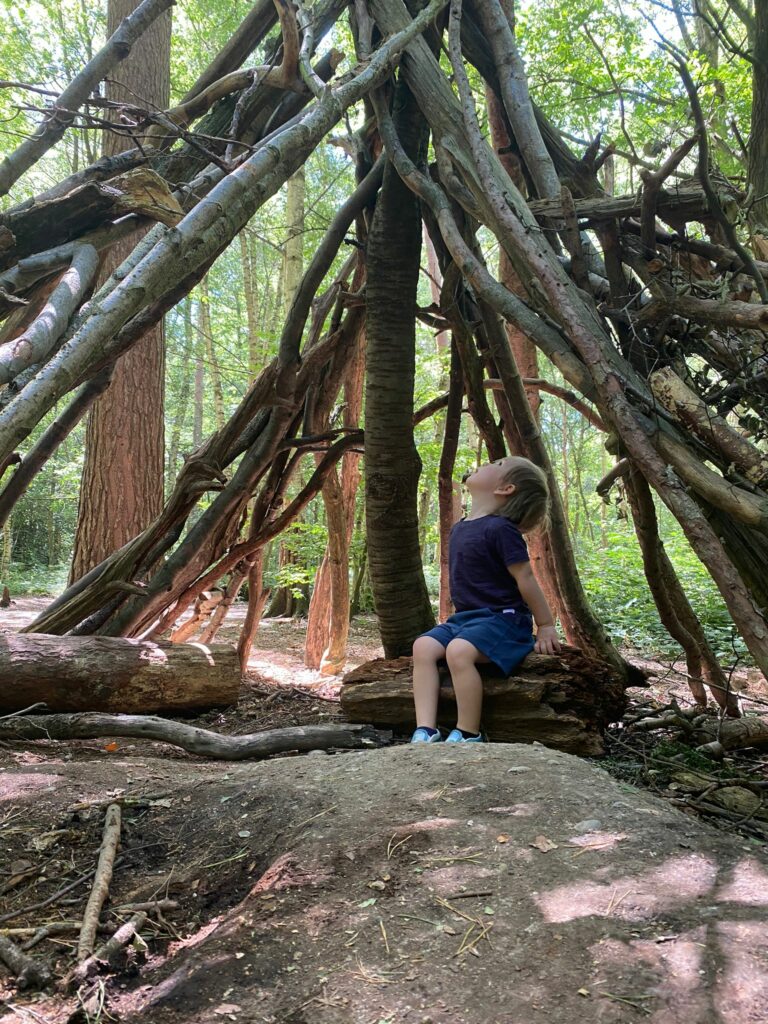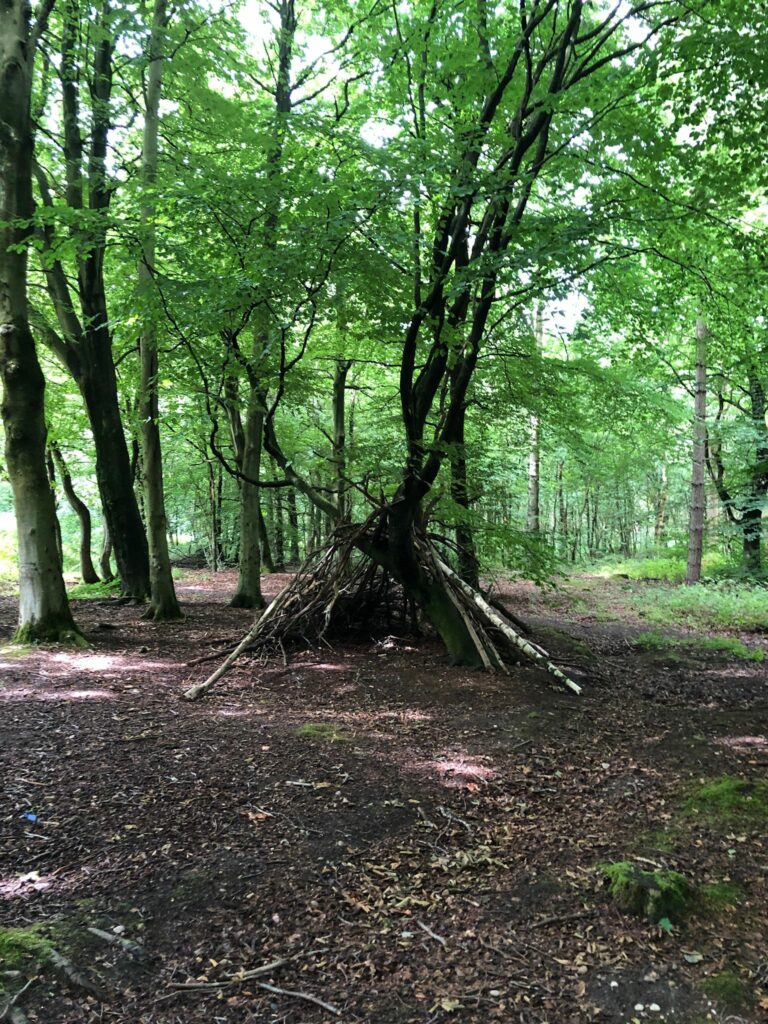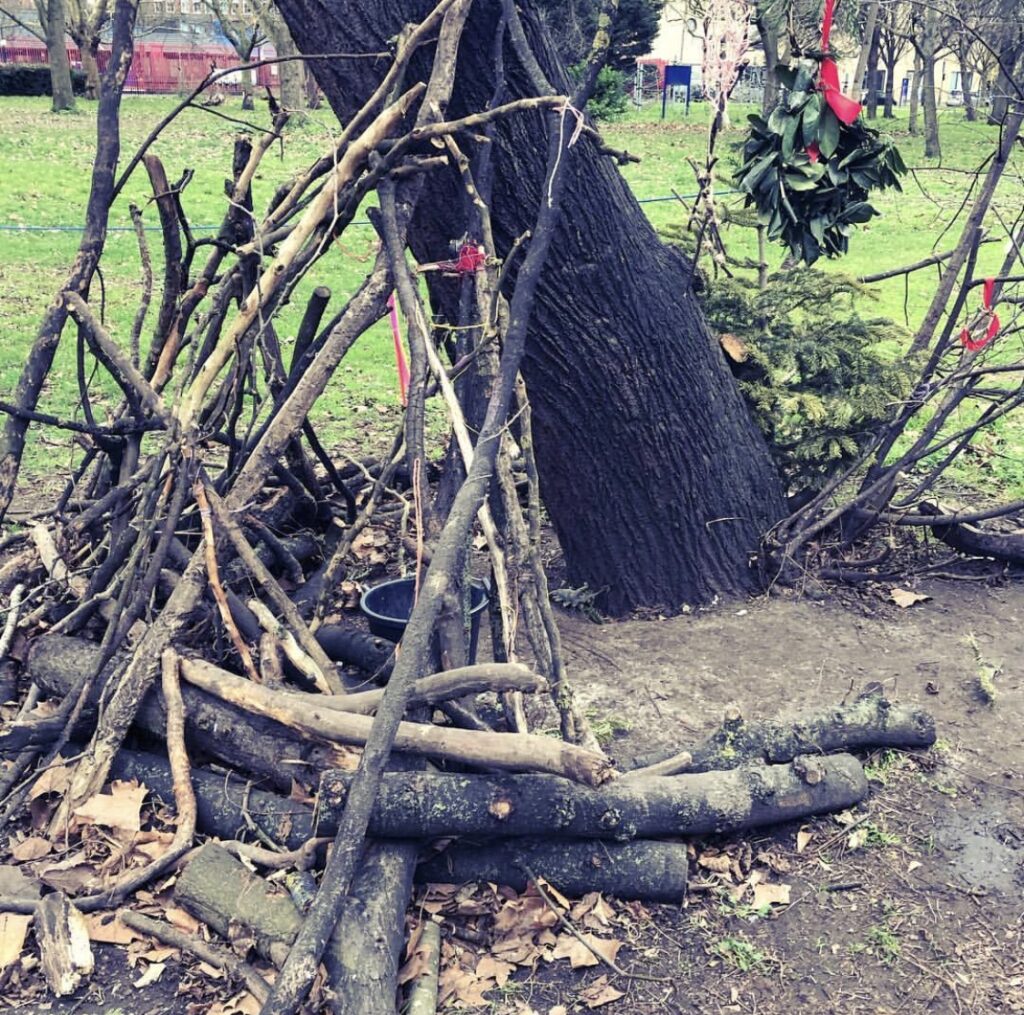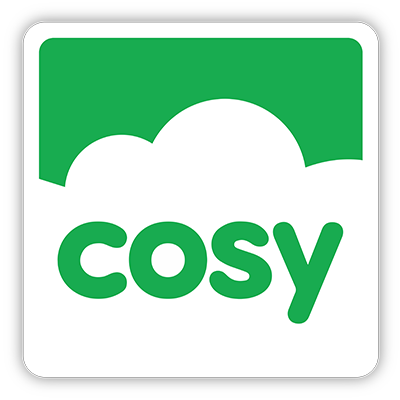Den Building: Let's Get Innovative
Den building can be so much fun, for adults as well as children. This holds value in its own right - we want children to experience activities which excite and motivate them. What is so great about den play though is the influence it can have on all areas of development. However, for this blog, we will just be focusing on personal, social and emotional development.

With the 'catch up' narrative due to Covid, it's vital to consider how we can adequately support children holistically, rather than just focus on literacy and maths. Children have endured social isolation, limited interactions and the closure of usual play spaces and venues such as parks, soft play, toddler groups, swimming pools etc. The impact of this lies in children having limited opportunities to socialise with others. We know that PSED is vital, this is why it is a prime area in the EYFS and measures exist within the rest of the school to address challenges children might face with their emotions, socialisation, boundaries and managing conflict.

To help counteract some of these factors, we can look at ways to nurture PSED in playful ways. Den building is an open ended activity with no right or wrong way to create and construct. This means this type of activity is less pressured - children can engage on the level they are comfortable with without fear of failure. It allows for choice, with children choosing what resources to use, how to combine them, how to use the den. They are able to make decisions, assert their preferences and develop a sense of self.

The nature of den play means that it is a collaborative activity. Children work together, make plans, share ideas, review, reflect and build. There are opportunities for children to collaborate, share resources, take turns and respect the input of others. In doing so, they are working together to achieve an end goal. When this goal has been reached, there is a sense of achievement and accomplishment which impacts on the child's confidence and feelings of self worth.


If we enable children to freely engage, they develop their own ways of doing things, experiencing trial and error, learning through their mistakes and managing the frustration that might come with this. The collaboration that comes through den building can give rise to conflict as children might not always get their own way or have to negotiate. In experiencing these situations in a playful way, they learn to resolve conflicts independently as well as developing their emotional literacy. Children recognise that others have feelings and can learn ways of offering assistance. This might be through kind words, physical touch, offering help or negotiating to manage the difficulties, teaching empathy and an understanding that they can play a role in helping others to feel better.

With den building, we know that there are elements of risky play. There might be large resources which need to handled appropriately and arranged so they don't fall, children might feel uncertain about crawling inside the den, there might be tool use and the associated risk or children might be standing on objects to give them extra height. Learning to manage risk helps to develop confidence as children recognise that they can accomplish challenges.

We know that sometimes things don't always go to plan. A den might collapse, the roof cave in, not everyone is able to fit in - these challenges encourage children to be resilient, to problem solve and continue with determination and perseverance. These knocks are valuable life lessons which can be transferred to other areas of learning or activities out of school.

Den building can be a driving force in helping children to develop positive relationships with peers as well as a positive mindset about themselves and their abilities. Children are learning value life skills which can help negate some of the challenges that might be arising as a result of the pandemic. In addressing these in a fun, playful, hands on way, we can inspire children to develop their social and emotional skills in order to influence their approach to other difficulties they might be facing in the class or at home
We hope you enjoyed our blog post, don’t forget to share your activities with us on our social channels!
Facebook: https://www.facebook.com/cosydirect/
Twitter: https://twitter.com/cosydirect
Instagram: https://www.instagram.com/cosydirect/


